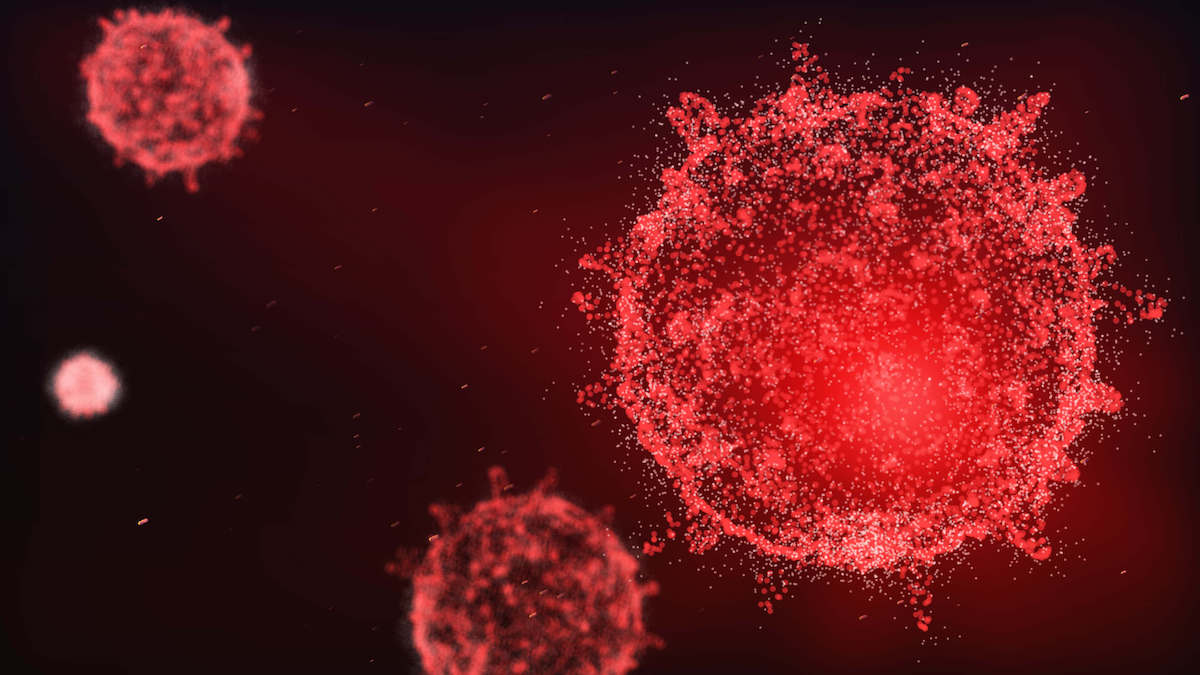Westmead Fertility Centre will continue to provide services, however, as COVID-19 continues to develop, you will need to consider whether this is the right time for you to start fertility treatment.
We are in a rapidly changing environment with new information continuously evolving. Westmead Fertility Centre is closely monitoring the situation, and in this update we summarise:
- the current situation at Westmead Fertility Centre; and
- current Australian and international guidelines.
Please read this update carefully. It is important that you consider all of this information to enable you to make your own decision based on your own individual circumstances.
Westmead Fertility Centre
Patients of Westmead Fertility Centre are supported by a team of experts within the very safe operating environment of NSW’s largest teaching Hospital.
At this time, we are continuing to care for our fertility patients who are well, as usual, but with some additional precautions. See https://staging.westmeadfertilitycentre.com.au/coronavirus-covid-19-precautions/
However, if you are:
- feeling unwell with flu-like symptoms (such as fever, a cough, a sore throat, fatigue), or
- if you have been around someone diagnosed with or suspected to have COVID-19, or
- if you have returned from overseas in the last 14 days
we ask that you do not come into the clinic or commence treatment at this time. We will be here to support you when the time is right.
If COVID-19 continues to escalate quickly through the community we may need to postpone treatment for all fertility patients in order to let patients infected with COVID-19 access the Hospital. We realise this may be unsettling, and we will endeavour to give fertility patients as much notice as possible while supporting the community in these unprecedented times.
Domestic and International Guidelines
The Fertility Society of Australia has stated that there is no evidence at this point to recommend cessation of fertility treatment. Westmead Fertility Centre is following these Australian Guidelines, but that as COVID-19 continues to impact our community the current guidelines for Australian fertility patients may change. Indeed, with the progress of COVID-19 at different stages around the world, equivalent European and US societies are recommending suspending initiation of treatment. If the situation changes for our patients we will let you know. A summary of the latest domestic and international guidelines is provided at the end of this document. The admittedly scant evidence on the effects of COVID-19 on the pregnancy and on the pregnant mother is also summarised.
We want our patients to know we are here for you
Our team at Westmead Fertility Centre is continuing to monitor developments on a daily basis and we will be updating our responses based on the latest expert advice and guidance. Please check for updated information with us.
Our goal is to help our patients achieve a pregnancy and, we want to ensure those patients are not put at an additional risk at this current time due to the COVID-19 pandemic. So, it is important that you consider this information for your individual situation.
We will be asking our patients to acknowledge that you have read this update and understand that there is uncertainty as to the impact of COVID-19 and are willing to commence/continue treatment.
Please contact your Fertility Specialist for a consult over the coming period if you want to discuss your particular situation, or contact our team for the latest information via the Patient Portal.
Please keep safe and look after each other,
Dr Howard Smith, A/Prof Cecilia Sjoblom, Dr Lindsay Gillan
Summary of Domestic and International Guidelines available at this time
Australia
On 15 March, The Fertility Society of Australia (FSA) outlined:
“At this point, there is no evidence to recommend contraception or cessation of attempts to conceive, either unassisted or assisted.”
On 19 March, The Fertility Society of Australia (FSA) announced they have established a COVID-19 FSA Response Committee. This Committee is comprised of experts in the field who are tasked to review the latest literature and make evidence-based recommendations. We have adopted these measures at Westmead Fertility Centre and will continue to revise as required. See full statement here: https://www.fertilitysociety.com.au/home/fsa-statement-covid-19/
On 16 March, the Royal Australian and New Zealand College of Obstetricians and Gynaecologists (RANZCOG) released advice for pregnant women that is important for our patients trying to conceive or already pregnant:
“Detailed information regarding the impact of COVID-19 infection on pregnant women and their babies is limited by the recency of the disease emergence. Therefore, our pregnancy advice is based on learnings from influenza infection, and also the medical response to the SARS epidemic in 2003.
By way of comparison, influenza is a potentially serious disease for pregnant women, the fetus and newborn babies. A number of changes occur to a woman’s body during pregnancy. These changes include reduced lung function, increased cardiac output, increased oxygen consumption, and changes to the immune system. Due to these changes, pregnant women have an increased risk of severe complications from influenza.
However, at this time, pregnant women do not appear to be more severely unwell if they develop COVID-19 infection than the general population. It is expected the large majority of pregnant women will experience only mild or moderate cold/flu-like symptoms.
For women who are trying to conceive, or who are in early pregnancy, there is no evidence to suggest an increased risk of miscarriage with COVID-19. Furthermore, there is also no evidence that the virus can pass to your developing baby while you are pregnant (this is called vertical transmission). There is also no evidence that the virus will cause abnormalities in your baby”. See full statement here: https://ranzcog.edu.au/statements-guidelines/covid-19-statement
Europe
On 14 March, the European Society of Human Reproduction and Embryology (ESHRE) outlined:
“As a precautionary measure – and in line with the position of other scientific societies in reproductive medicine – we advise that all fertility patients considering or planning treatment, even if they do not meet the diagnostic criteria for Covid-19 infection, should avoid becoming pregnant at this time. For those patients already having treatment, we suggest considering deferred pregnancy with oocyte or embryo freezing for later embryo transfer”. See full statement here: https://www.eshre.eu/Press-Room/ESHRE-News#CoronaStatement27feb
USA
On 17 March, the American Society for Reproductive Medicine (ASRM) recommended:
“1. Suspend initiation of new treatment cycles, including ovulation induction, intrauterine inseminations (IUIs), in vitro fertilisation (IVF) including retrievals and frozen embryo transfers, as well as non-urgent gamete cryopreservation.
2. Strongly consider cancellation of all embryo transfers whether fresh or frozen.
3. Continue to care for patients who are currently “in-cycle” or who require urgent stimulation and cryopreservation.
4. Suspend elective surgeries and non-urgent diagnostic procedures.
5. Minimise in-person interactions and increase utilisation of telehealth.”
See full recommendations here: https://www.asrm.org/news-and-publications/patient-management-and-clinical-recommendations-during-the-coronavirus-covid-19-pandemic/



